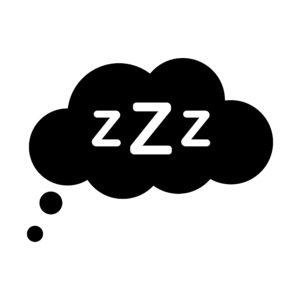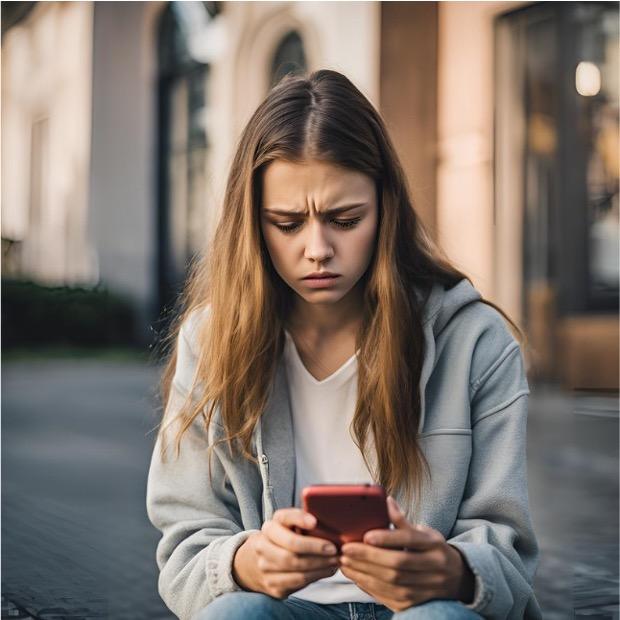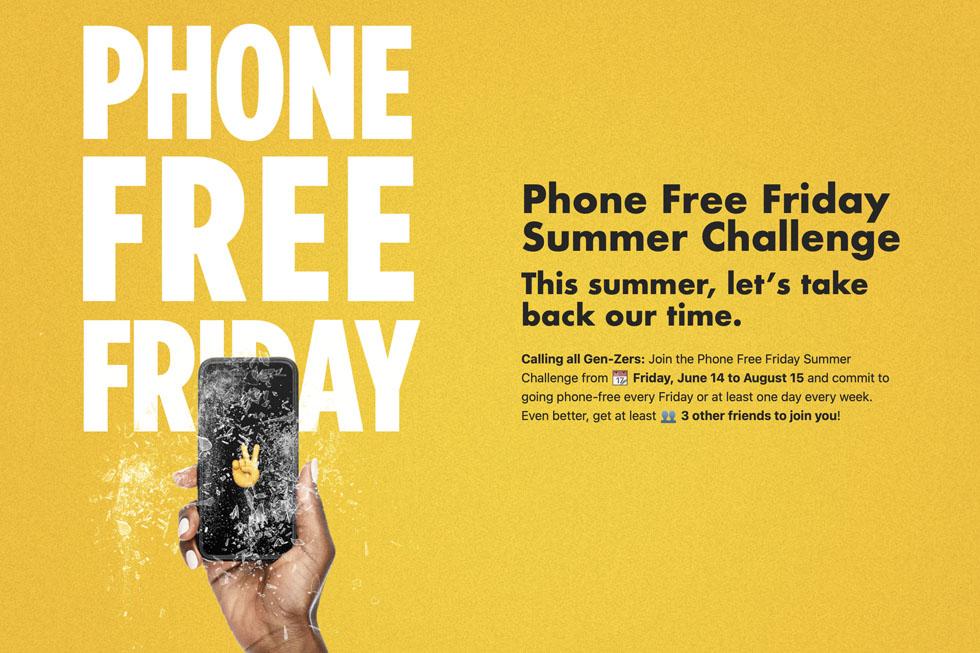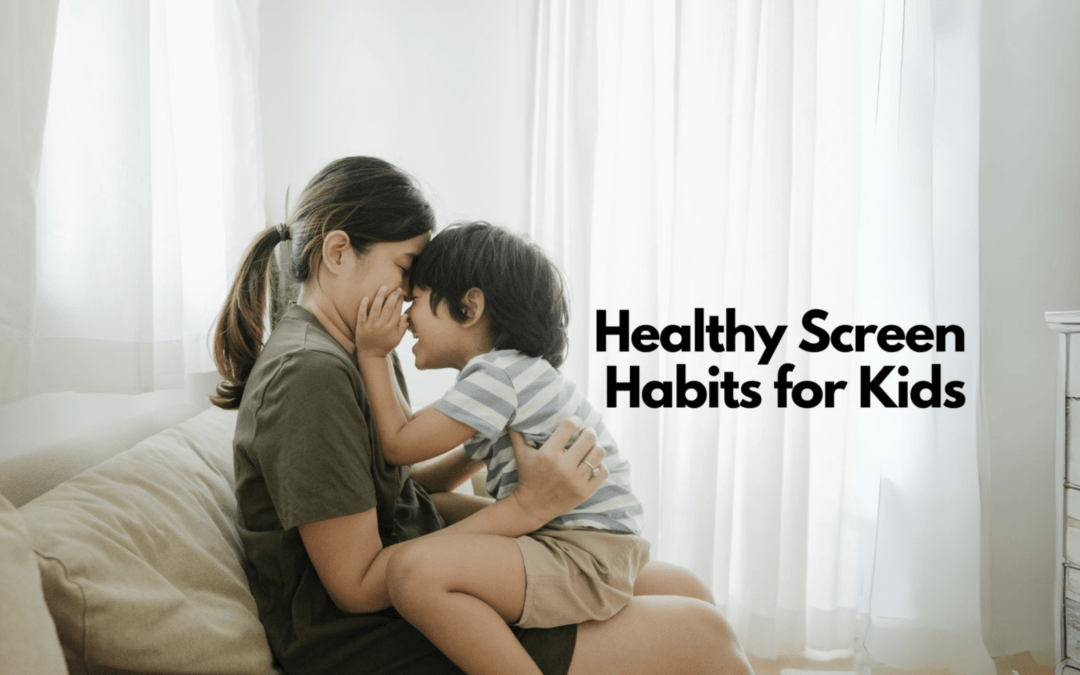
For many parents and students school sessions are in full swing. With some states pushing out the daily start time for both middle and high school, it will be interesting to see whether kids will be getting extra time to sleep or just going to bed later.
How Many Hours of Sleep Do Kids Need?
Hopefully parents are able to enforce a bedtime that allows for the recommended hours of sleep according to their child’s age. In case you’re wondering how many hours your child is recommended to sleep, we checked the CDC recommendations which states, “[t]he American Academy of Sleep Medicine has recommended that children aged 6–12 years should regularly sleep 9-12 hours per 24 hours and teenagers aged 13-18 years should sleep 8-10 hours per 24 hours.”
Sleep Deprivation and its Impact
Sleep deprivation has many harmful effects on all ages, but especially adolescents. Poor sleep affects emotional and mental development, physical health, and performance in school. To read more about teens and sleep check out the Sleep Foundations article: https://www.sleepfoundation.org/teens-and-sleep
The CDC lists a few to tips to help your kids get the hours of sleep they need:
⭐️Stick to a consistent sleep schedule every day, yes, even on weekends.
⭐️Limit light exposure and technology use in the evenings, aka enforce a “media curfew” and create a family media plan that limits where kids may use their devices in your home.
“Junk Light”
All day we’re exposed to artificial light – so it’s important to take a break from artificial lighting, put our phones and devices away, and get outside in the natural light when one’s schedule permits one to do so.
Artificial light has also been coined “junk light,” which, according to Dave Asprey of True Light, “is worse than junk food; it’s the high fructose corn syrup of lighting.” Our exposure to junk light has increased over the years, especially with more screen time since Covid. Most of us are either on our phones, tablets, or laptops working and/or studying and doing homework. When we get home in the evening many of us turn on the television to decompress, another junk light exposure.
Here are a few negative effects from overexposure to blue light:
👎 Lack of energy
👎 Digital eye strain
👎 Difficult focusing
👎 Decrease in productivity
👎 Circadian rhythm disruption and suppression of melatonin production
👎 Greater risk of getting macular degeneration over time
Make Sleep a Priority
Other tips on how to limit your exposure to junk light and get your family’s sleep schedule and quality back on track are:
💤 Maintain a routine bedtime and wake time every day.
💤 Get at least 20-30 minutes of sunlight every day.
💤 Keep the lights dim in your home once the sun has set, and the hours before bedtime.
💤 Cover the annoying tech power source lights on TVs, computers, laptops, monitors etc.
💤 Get to bed in time for a full night’s sleep.
Other tips for good “sleep hygiene” include making sure their bedroom is quiet, dark, and at a comfortable temperature, remove electronic devices like TVs, computers, and smart phones from the bedroom, avoid large meals and caffeine before bedtime, and get exercise daily.
OurPact as a Solution for Better Sleep
This makes sense to adults; however, kids and teens may think otherwise. So, if you’re looking for an aid to assist you in getting your kids to put their devices down, give OurPact a try. It’s the #1 Parental Control and Family Locator app on the market. After all, it’s free for the first 14-days. You can even switch between subscription levels to see which level is best for your family’s needs, or you can cancel with no obligation.
OurPact’s Schedules feature allows parents to create schedules for each child’s device – so if bedtime is 8pm, the device will remove all apps that are using the schedule feature and only allow apps parents selected as “Always Allow.”
Sources:
CDC. (2020, September 10). Sleep in Middle and high school students. Centers for Disease Control and Prevention. Retrieved from https://www.cdc.gov/healthyschools/features/students-sleep.htm
Suni, E. (2022, June 29). Teens and sleep. Sleep Foundation. Retrieved from https://www.sleepfoundation.org/teens-and-sleep


